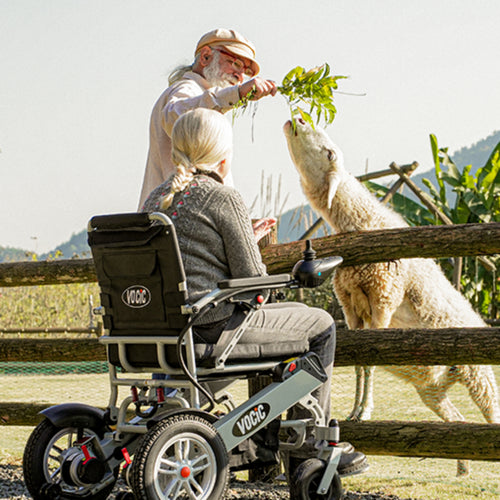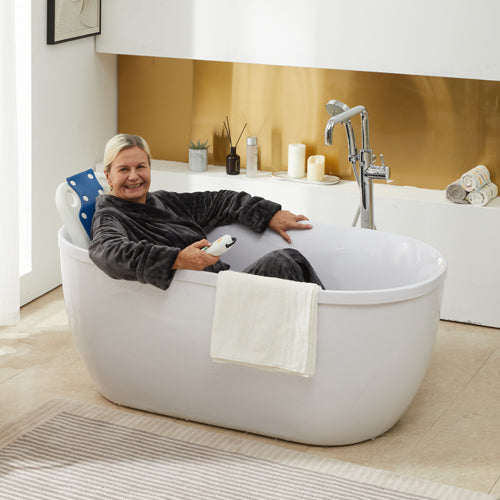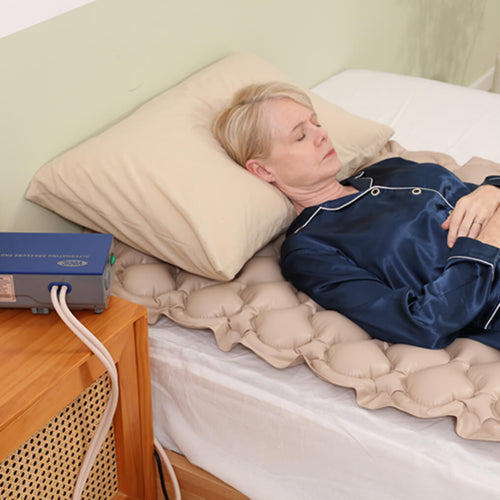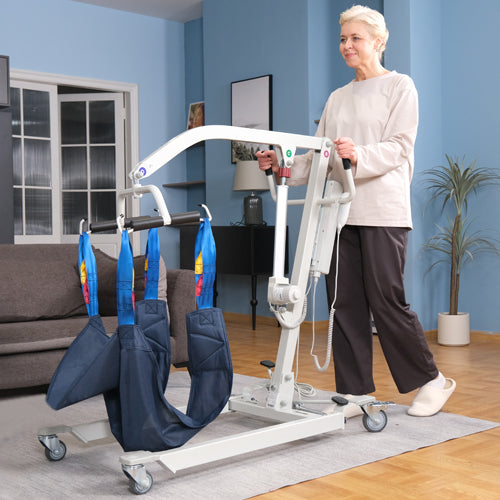Let’s face it - picking the right walker for seniors can feel weirdly overwhelming. You’d think it’s as simple as grabbing something with wheels and moving on, but nope. There are a dozen types, all with slightly different features, and if you’re shopping for a parent, grandparent, or even yourself, you want to get it right.
The good news? With a bit of guidance, choosing the perfect senior walker is totally doable - and can make a huge difference in someone’s daily life.
1. Figure out what kind of support Is needed
Not every walker for elderly people offers the same level of help. Some are meant for max stability, others for speed and ease of movement. So before diving into models, ask yourself:
- Is this person quite steady on their feet but just needs a little support?
- Do they get tired easily and need a seat to rest on?
- Are they using the walker mostly indoors or outside?
If they’re fairly mobile and like being on the move, a rollator-style walker for old people with wheels and a seat is often the winner. It’s less “clinical” and a lot more comfortable for everyday life.
2. Make sure the fit is right
This might sound obvious, but a walker that’s too tall or too short is a problem. The handles should line up with the crease of the wrist when the person is standing upright with their arms relaxed. And when using it, there should be a gentle bend in the elbows - not a dramatic lean forward.
Also, keep weight in mind. Most walkers for seniors have a weight limit. Heavier users may need a sturdier model that feels stable and secure on the go.
3. Check where it’ll be used
Is this mostly for cruising around the house? A lightweight frame with tight turning ability is key. More of an outdoor companion? You’ll want something with larger wheels and reliable brakes.
If stairs are part of the daily routine, that changes things. And if there’s a lot of travel involved, folding walkers make life way easier. Whatever the lifestyle, the walker for seniors should fit into it - not limit it.
4. Comfort is a big deal
It’s not all about function. A walker for elderly folks should also be comfortable. Soft hand grips, a supportive seat if included, and a backrest like Vocic’s Z51 can all make a long walk or grocery run more bearable.
Look for practical features, too - a little basket or pouch for personal items can mean the difference between freedom and frustration.
5. Bonus Tip: Make it personal
This isn’t just a piece of equipment. It’s a tool for independence. So let the person using it have a say. Color, style, extra features - all of that matters more than you might think.
Because at the end of the day, the best walker for old people is the one they’ll actually want to use.









